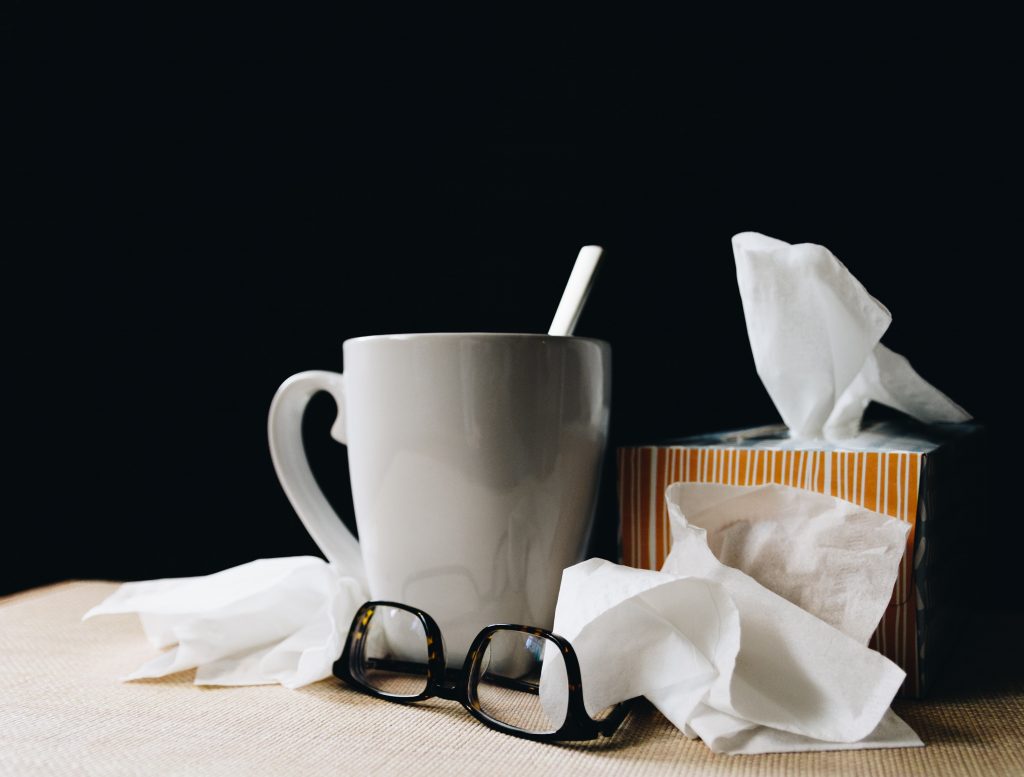The trees are blooming, the grass is growing, the birds are chirping, and you are — sneezing. Coughing. Choking. Close to suffocation. Once you led a normal life. Now you’ve bought stock in Kleenex. It’s pretty hard to enjoy spring with millions of tiny allergens plaguing you.
There are many accounts of BJU students who never encountered allergies before moving to Greenville. According to the latest reports of the Asthma and Allergy Foundation of America, Greenville was ranked the 37th worst city to live in for fall allergies and the 32nd worst for spring allergies. Plenty of allergists have migrated to Greenville simply because the allergy business is so good here.
However, you don’t have to subject yourself to an allergy attack every time you step outside your door. There are ways to cope.
Figure out your allergen
Moving to a new city can expose you to all kinds of allergens that your body has never encountered before. If you are experiencing allergy symptoms for the first time, look around. See if there have been any changes to your area (e.g., Has anyone brought a dog nearby? Is fertilizer being sprayed?).
Talk to an expert to try and identify the problem. Then you will know better how to treat it. Knowing is half the battle.
Check the allergy forecast
If you’re allergic to pollen, ragweed or any other “predictable” allergen, go online. Check the five-day pollen forecast just like you check the weather and plan your days accordingly. This might mean that you have to miss a few picnics, but your sinuses will thank you.
Protect yourself
As much as possible, try to avoid areas where your allergen is highly concentrated. But that is easier said than done. You may be able to avoid grassy parks with pollen-filled trees or animal shelters with adorable allergen-carrying puppies, but you can’t always pick up and move to a different state during pollen season. So what can you do?
- Clear your sinuses with water. It’s amazing how much even a steamy shower can help you breathe better.
- Take medicine. Once you know what you’re allergic to, then you can find what medication helps you combat it.
- Wear a mask. This may seem a little extreme, and you might get a few weird looks. But masks can help filter out dust, smoke and even chemical fumes you may be allergic to, such as fertilizer.
Hang on
Allergies may be a pain, but allergy season won’t last forever. Keep an eye on those allergen levels, and eventually you’ll see them drop down until they don’t affect you anymore. And when that day comes, you can breathe free. But until then, it’s better to take some precautions.








